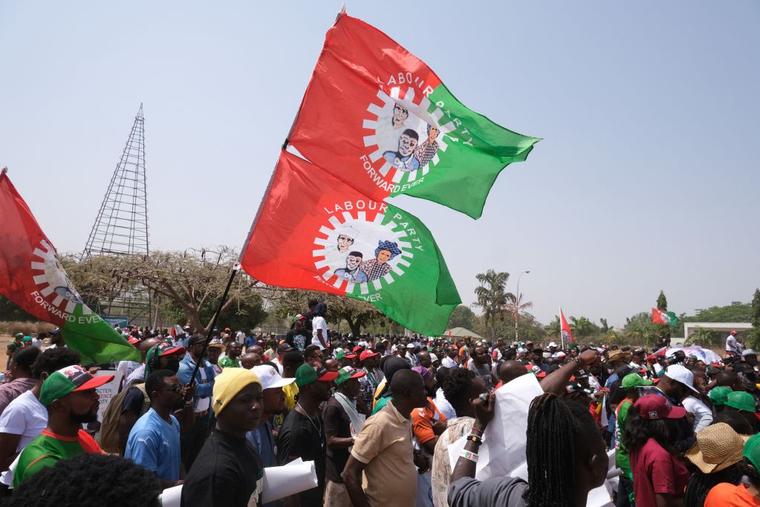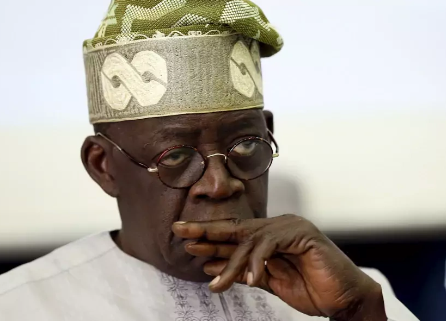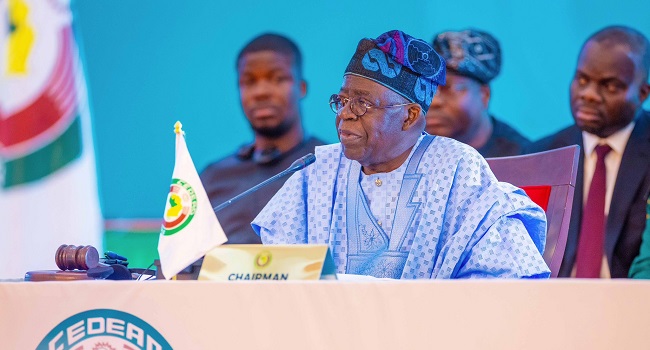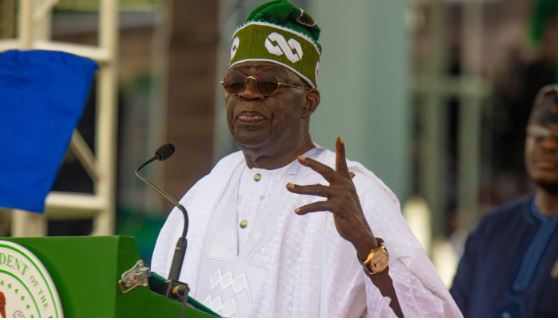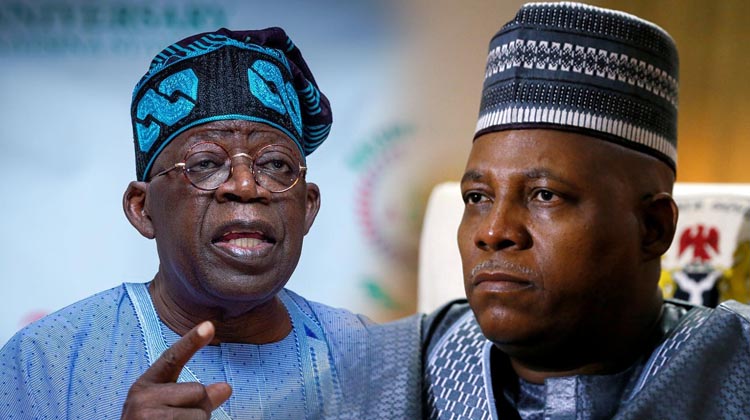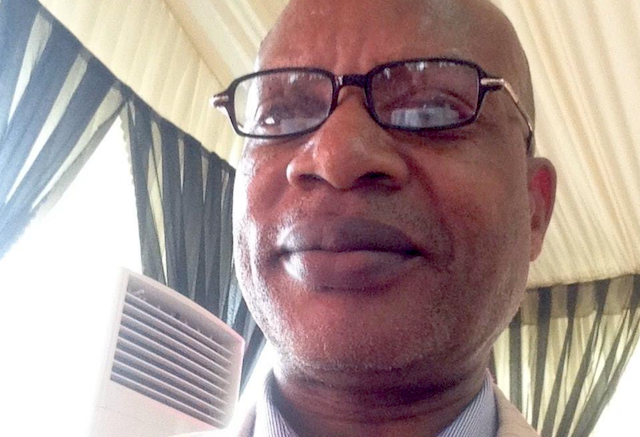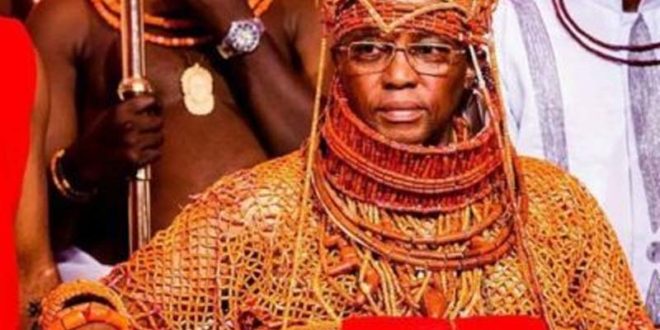Five months after the 2023 General Election, politics and politicking has resumed in four states of Bayelsa, Edo, Kogi and Imo for off-season balloting in the states controlled, two apiece, by lead opposition Peoples Democratic Party (PDP) and the ruling All Progressives Congress (APC).
The two dominant parties – together with opposition Labour Party (LP) and New Nigeria Peoples Party (NNPP) – battled themselves to a standstill in the February-March elections.
Particularly in the presidential election of February 25, the APC, PDP and LP ran neck-and-neck, with APC and PDP winning in 12 states each, the LP in 11 states (and the Federal Capital Territory (FCT), Abuja), and NNPP in one state.
The four parties faired similarly in the National Assembly (NASS) election held same day, with the APC topping the chart, and the NNPP rounding off the bottom.
Yet, only the older PDP, formed in 1998, and the APC, established in 2013 by four legacy parties of Action Congress of Nigeria (ACN), All Nigeria Peoples Party (ANPP), Congress for Progressive Change (CPC), and a faction of All Progressives Grand Alliance (APGA), shared 26 (15-11) of 28 states that voted for governorship on March 18, leaving one state each for the LP and NNPP.
This was against expectations of many Nigerians, who’d predicted that the LP – in particular – would re-enact its surprisingly superlative outing at the presidential election.
But the party – propelled by a vociferous group of mostly young people aliased “Obidients” – fell short of its target, scraping only one state.
This is the setting in eight states for off-season governorship poll that’ll precede the 2027 General Election, beginning with voting in Bayelsa, Kogi and Imo states on November 11.
But prior to that franchise, the existing 18 political parties will test their might at the September 2 local government election in Edo State, even as a faction of the PDP is in court in attempts to stop it.
So, all eyes are on the LP – the revelation, and “new kid on the block” of the 2023 election cycle – which shredded the formbook to claim – from zero – the third spot in federal and state polls on February 25 and March 18, respectively.
Perhaps to prove the LP outing in the General Election isn’t a fluke, former presidential candidate, Peter Obi, lately campaigned for its candidates at the Edo council poll.
The former Anambra State governor “stormed Benin City” on August 21 amid a jubilant crowd of party supporters and “Obidients” who chanted “Obi, Obi, Obi” and mobbed his campaign train as it snaked through major roads downtown the state capital.
Obi’s presence added verve to the saturated campaigns holding both day and night across the state.
Edo was one of the three South-South states that Obi won in February, thus it’s a homecoming for him 12 days to the election.
Obi, on the first of a three-state stop in Imo (where he allegedly gave Governor Hope Uzodinma of APC a “quit notice” on August 22), Bayelsa and Kogi for the off-season governorship, deftly added to his itinerary the council poll in Edo, which also holds its governorship in September 2024.
Surely, the September 2 council election serves as harbinger of what to expect in November in Bayelsa, Kogi and Imo! This wasn’t lost on Obi, as he addressed the crowd, and the press in Benin City.
“The local government is the nearest to the people and it is supposed to be the root for ensuring development for the people,” Obi said, adding that, “the three most critical areas of development are health, education and poverty eradication.”
“So, for the system to work, for a country to develop well, it is the local government, as everything that has to do with development is domiciled in the local government. That is why it is critical to our development and sustainability,” Obi said.
He relived his failure, as Governor of Anambra State (2006-2014), to conduct council polls regularly.
“As a governor, I was prevented by a host of legal and litigations from conducting local government elections for over six years,” he said.
Pledging that “we will support our candidates with everything,” Obi tasked the electorate in Edo to vote massively for the LP, as doing so would protect their future.
“So, we are here today (August 21) to support our candidates in the forthcoming local government elections in Edo State. We will support them with everything,” Obi said to a thunderous applause.
The Obi promise to support the LP candidates may’ve signaled a departure from past proclamations that, “we don’t give shishi” (five koko) for political causes.
Some smart members of the LP and “Obidients” allegedly took advantage of this stand, collected huge sums – in local and foreign currencies – and failed to disburse them to advance the party and candidates’ electoral fortunes in many states during the General Election.
With the right lessons learnt, will Obi and “Obidients” be able to swing the council poll for LP’s candidates, and establish the party as the new leader in Edo politics?
It’s a daunting task made more herculean by the restrategising of both the APC and PDP, which halted the LP “tsunami” at the federal elections on February 25 from re-emerging at state polls on March 18 – not just in Edo, but nationwide.
Besides the presidential slot, the LP also won one Senate seat in Edo, with two seats going to the APC on February 25. But the LP was worsted at the March 18 poll, with PDP, APC and LP securing 14, nine and one of 24 house of assembly seats, accordingly.
Still, the huge reception for Obi in Benin City on August 21 indicates the amount of groundwork that’d been done by LP’s supporters for the council election.
And the wind seems on the back of the LP candidates following mass movements of heavyweight Edolites into the party, with veteran politician, educationist and philanthropist, Mr Kenneth Imansuangbon, leading the pack.
Popularly called “The Rice Man” because of his regular gifting of tens of hundreds of bags of rice to the less-privileged in Edo State, Imansuangbon had traversed several political platforms from pre-1999 until he decamped mid-2023 from the PDP to LP, to advance, once again, his aspiration to be Governor of Edo State.
So, for Imansuangbon and others already in, or waiting in the wings – including first timer (and backer of elective officeseekers across all parties), Prof. Sunny Ehoh Eromonsele, a young industrialist, philanthropist and proprietor of Mudiame University in Irrua, Esan Central of Edo State – Saturday council poll is a litmus test for their viability for governor.
Can they pull off the election for the LP, so as to have a strong stake to the governorship that many have canvassed should go to Edo Central senatorial district, where Imansuangbon and Eromonsele hail from?
Mr Obi, LP supporters and “Obidients” have six days to prove their political mettle in the 18 local government areas, 192 wards and 4,549 polling units in Edo State!
